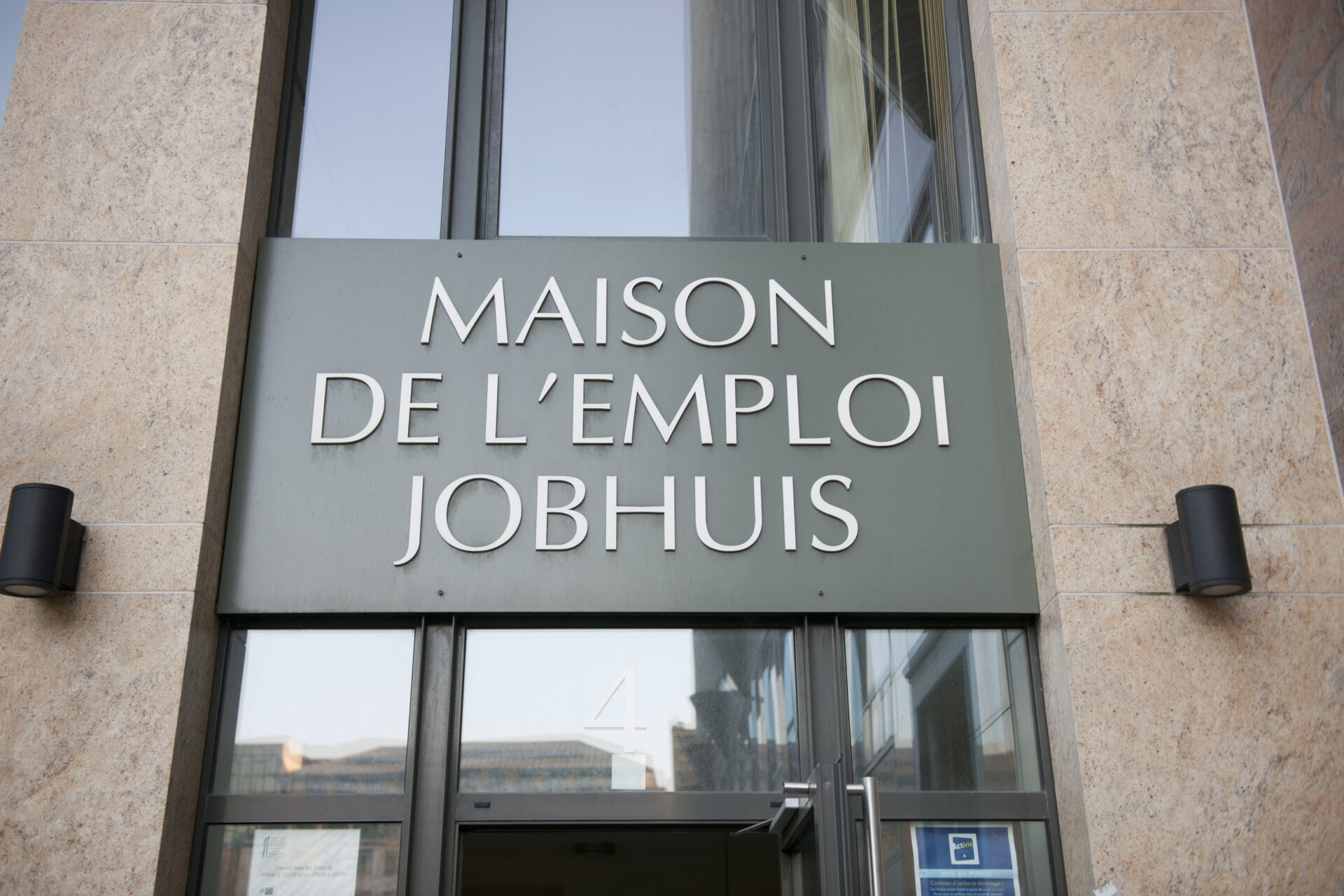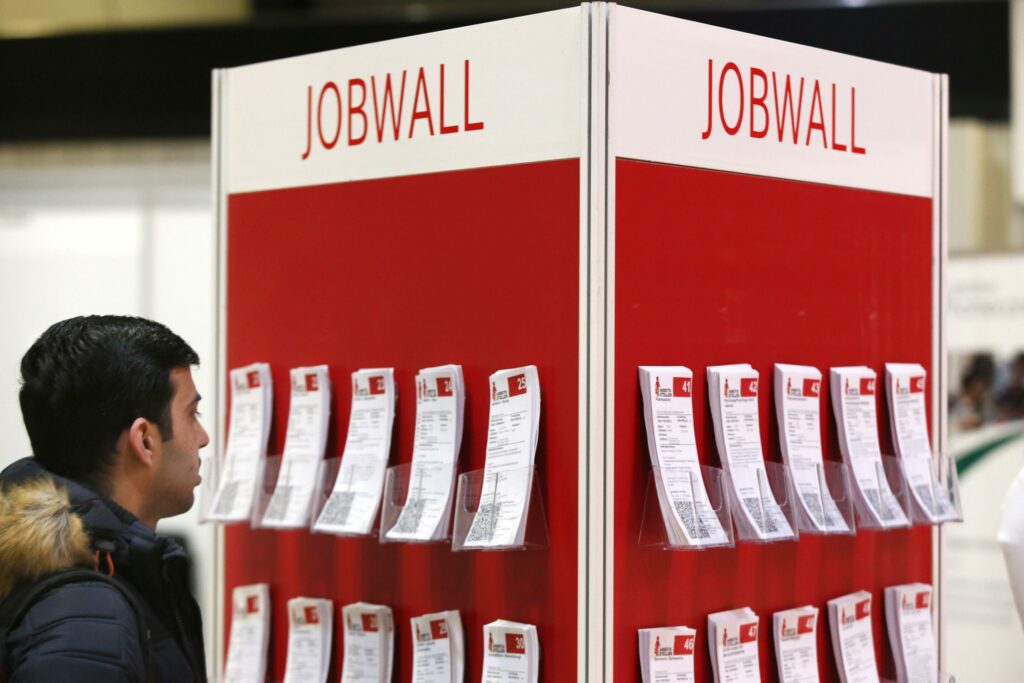Two thirds of unemployed people in the EU do not receive any government benefits, usually because they do not meet time requirements or their benefits have run out, according to a new report by Eurofound.
However in Belgium, the report notes unemployment benefits are "relatively generous", as the share of people who are unemployed but not receiving government support is one of the lowest in the EU, at 42%.
In 2020, the OECD praised the good level of protection offered in Belgium against income losses during joblessness. However, it also raised "concerns about its ability to maintain strong work incentives during unemployment."
Calls to reduce 'unlimited' benefits
As Belgium's employment rate lags behind the EU average (72.1% in Belgium compared to 75.3% across the EU), there have been calls to clamp down on so-called 'unlimited' unemployment benefits.
The Belgian system reduces the level of unemployment benefit to which people are entitled over time. However, once it reaches a minimum amount Belgium is the only EU Member State where unemployment benefits can continue indefinitely without means testing.
In a report published on Monday about unemployment benefits across the bloc, EU funded agency Eurofound noted that social benefits play a significant role in the lives of people on low incomes, as they halved the number of people at risk of poverty in the EU in 2022 (from 31% to 15.5% among people of working age).

Credit: City of Brussels
However, Eurofound said that people with short or no employment records (mainly young people), the self-employed, people with non-standard work arrangements, and the long-term unemployed are often not entitled to unemployment benefits.
Belgium has one of the lowest shares of unemployed people who are not receiving benefits, at 42%, beaten only by Finland (40%).
Among Belgium's neighbours, the share of unemployed people who don't receive benefits is also at 42% in Germany, rising to 58% in France, 67% in the Netherlands, and as high as 76% in Luxembourg.
While the majority of unemployed people in Belgium do receive supports from the State, Eurofound notes that this share has fallen from 79% in 2008 to 65% in 2021.
Need to streamline application process
Eurofound data from 2019 show that between 37% and 51% of households in Belgium that are entitled to minimum income supports do not claim them. These households tend to be made up of men, younger and older adults, highly educated people, homeowners, people who are not single parents, and people with fewer health issues.
The Eurofound report also noted that across the EU, at least 10% of applications for unemployment benefits are rejected, highlighting "the challenges of inefficiencies and ineffectiveness."
The EU agency said that when benefit systems are complex they require more investment in information provision, and increase rejections and non-takeup. Eurofound said that this can be addressed by investigating reasons for rejections and widening coverage by making entitlement criteria easier to understand and automate.
While the report said that digital applications can help to improve access to benefits, they can also give rise to concerns about inequality of access and the reduction of face-to-face interactions. Eurofound suggested that resources freed up by digitalisation can be used to improve access for digitally excluded groups.

